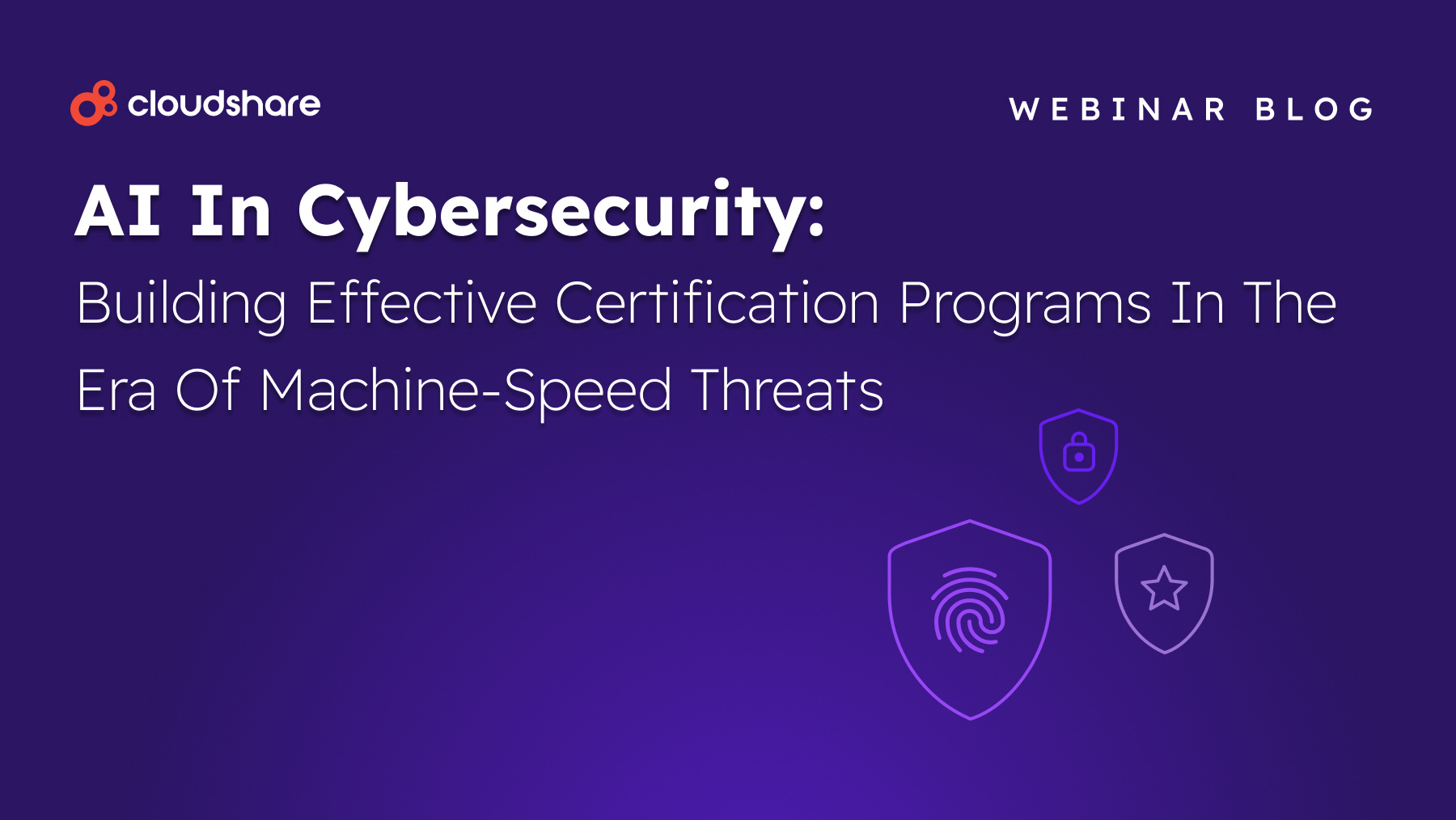Glossary
Cyber Resilience Training
Educating employees in every department and level about how to prevent cyber attacks is essential. Cyber security is no longer the exclusive domain of IT and the security department but the entire company.
Cyber resilience training aims to impart practical knowledge and prevention skills that employees and managers use to ensure security in their jobs. This type of training educates participants in an engaging way to understand how minor mistakes can enable devastating attacks.
Read on to learn more about cyber resilience and why your company should have thorough and practical training.
What is Cyber Resilience Training?
Cyber resilience training teaches employees how to protect and improve the company’s cybersecurity posture in their specific role. Many employees in non-technical departments tend to think of cyber security as a matter of IT. Still, in reality, those who work in sales, marketing, and HR are common targets for cybercrime.
Practical cyber resilience training is hands-on and engaging, so attendees retain the information. Conducting this training in a cyber security lab is an excellent way to provide direct experience with cyber incidents without damaging a live system.
Why is Cyber Resilience Online Training Important Today?
It’s common to consider cyber attacks and breaches as the fault of poor security software or carried out by advanced malware. While valid to an extent, those aren’t the only ways cyber attacks are enabled. It’s estimated that the human element, meaning employees throughout the company, has been involved in 85% of data breaches.
Proper cyber resilience training can decrease the likelihood of an employee giving away sensitive information in a social engineering attempt or installing rogue software that enables a ransomware attack. Therefore, it’s essential to arm employees with the knowledge and skills they need to prevent attacks rather than help them succeed.
What Are the Benefits of Cyber Security Hands-On Training?
Traditionally, security training was held in person and was largely lecture-based. Now, remote cyber security training labs allow any employee to participate in cyber resilience training regardless of location.
In addition, hands-on training can now demonstrate simulated cyber-attacks that show the severity of an attack, alongside the effectiveness of prevention skills. Let’s explore some of the top benefits of hands-on cyber resilience training.
Reduce Costly Employee Errors
Employee errors can allow a malicious user to access company systems or obtain sensitive information. Hands-on cyber training focuses on the actual situations an employee in a non-technical role will face and how they can prevent the attack.
For example, you can directly show employees the impact of clicking on a suspicious link in a contained environment, and they’ll see how easy it is to enable a ransomware attack. Most employees have been told not to click on untrustworthy links, but have they been shown what happens if they do?
Extend Security Awareness to the Entire Company
Cyber security professionals can train other technical staff with lectures and standard training documents, but non-technical employees may struggle with this type of training.
Hands-on training in a contained cyber security environment will help rapidly improve an employee’s understanding of cyber security principles. In addition, employees can experiment with security tools, learn best practices, and gain a more personal understanding of cyber security.
Protect Your Compliance
Your company might have security requirements from multiple regulatory bodies, and you need to abide by all of them. Cyber resilience training prevents attacks and protects compliance by ensuring that employees’ actions are following applicable regulations.
For example, improper data handling, transmission, and storage can quickly incur fines from most regulators. Cyber training can teach employees how they need to be handling sensitive data to protect your company’s compliance.
Why Improving Cyber Resilience is Essential for the Safety of Your Company
Improving cyber resilience with engaging, hands-on training stops attempts to access internal systems and sensitive information by imparting practical skills to employees throughout the company.
Employees in non-technical roles, such as HR and sales, may not have system admin access, but they still have access to customer information. Teaching these employees how to identify and prevent cyber attacks can protect your compliance and prevent costly breaches.



